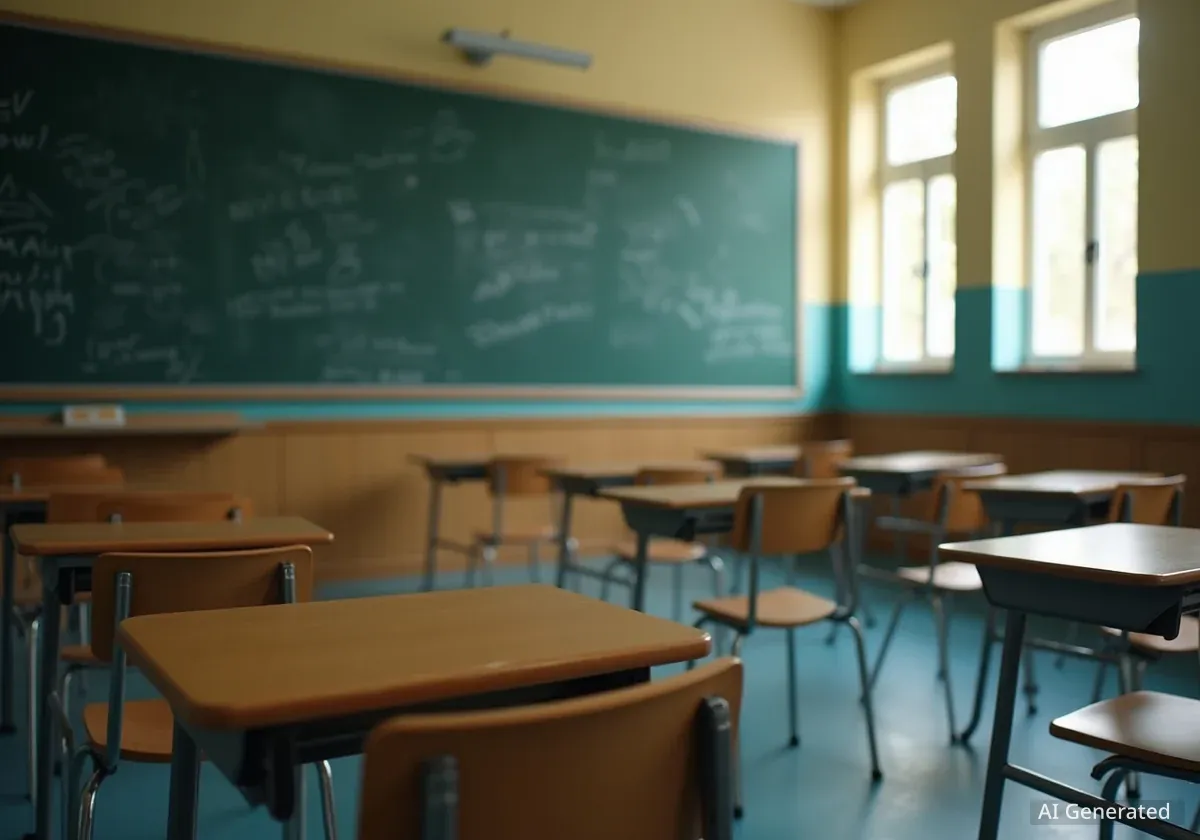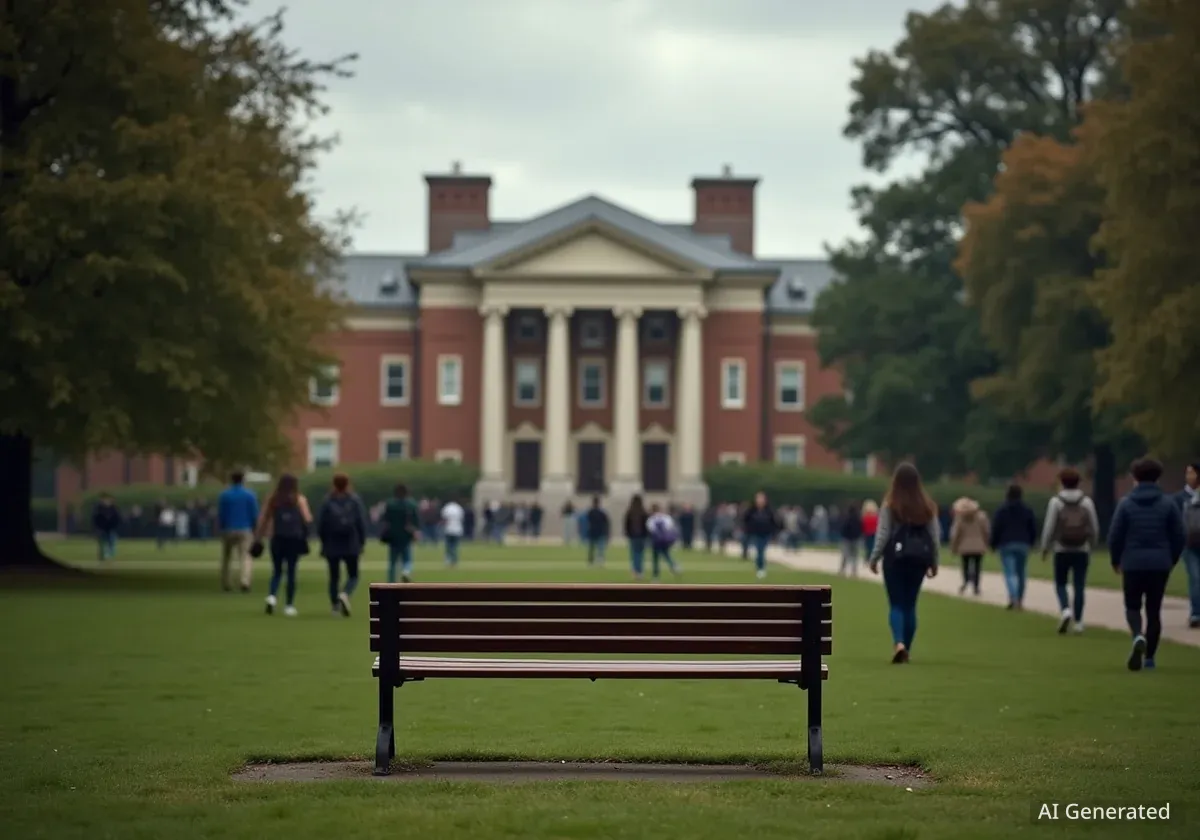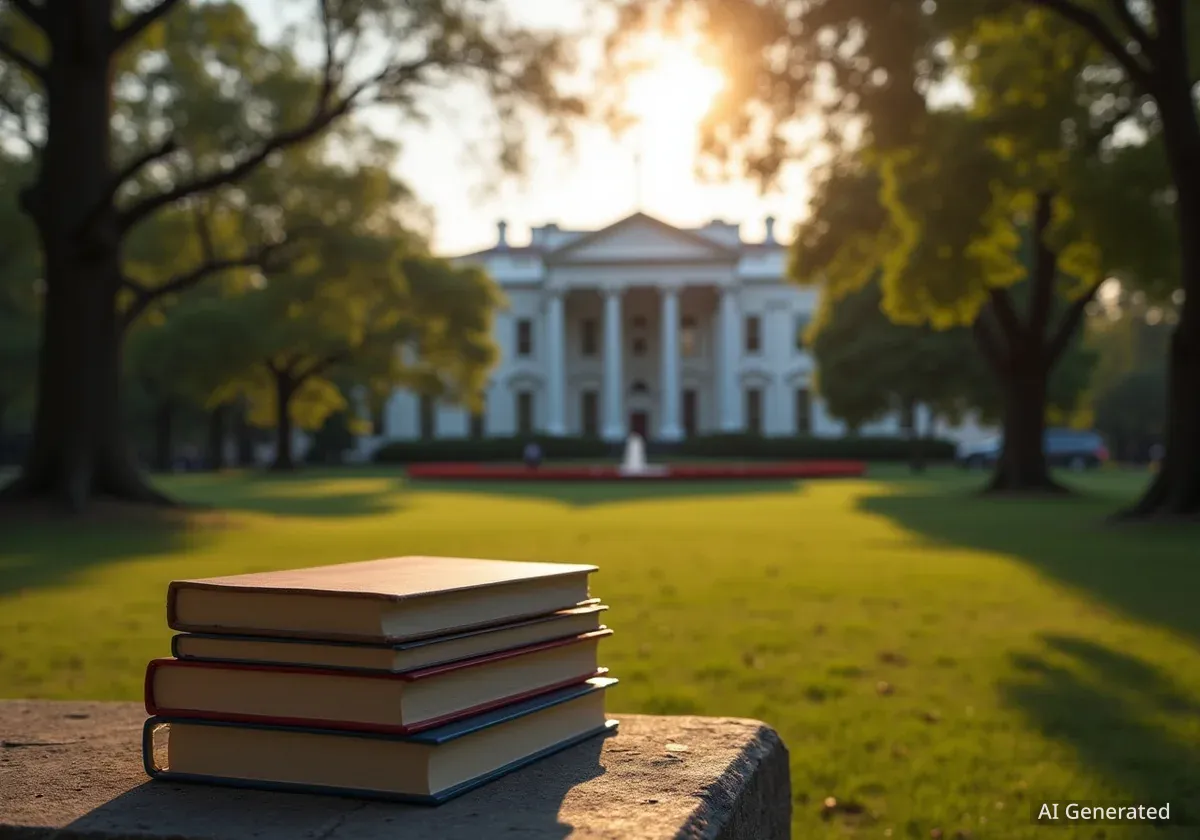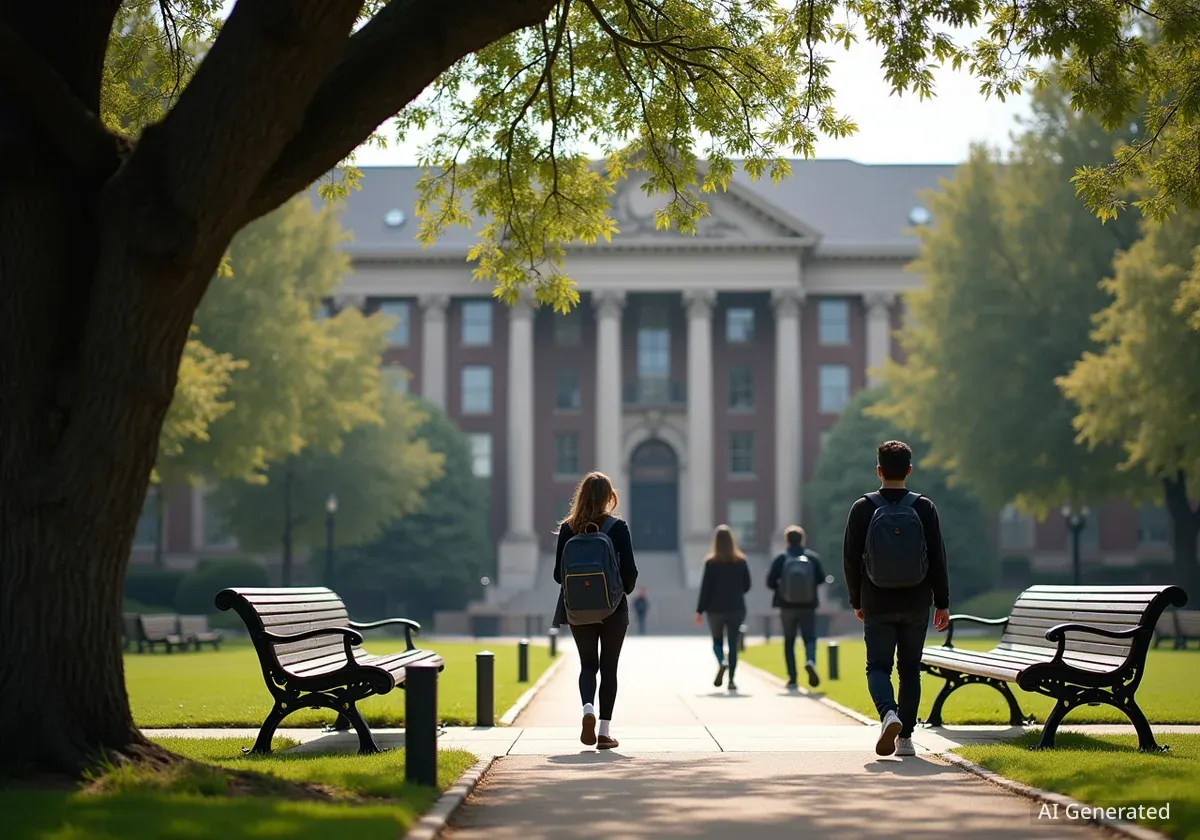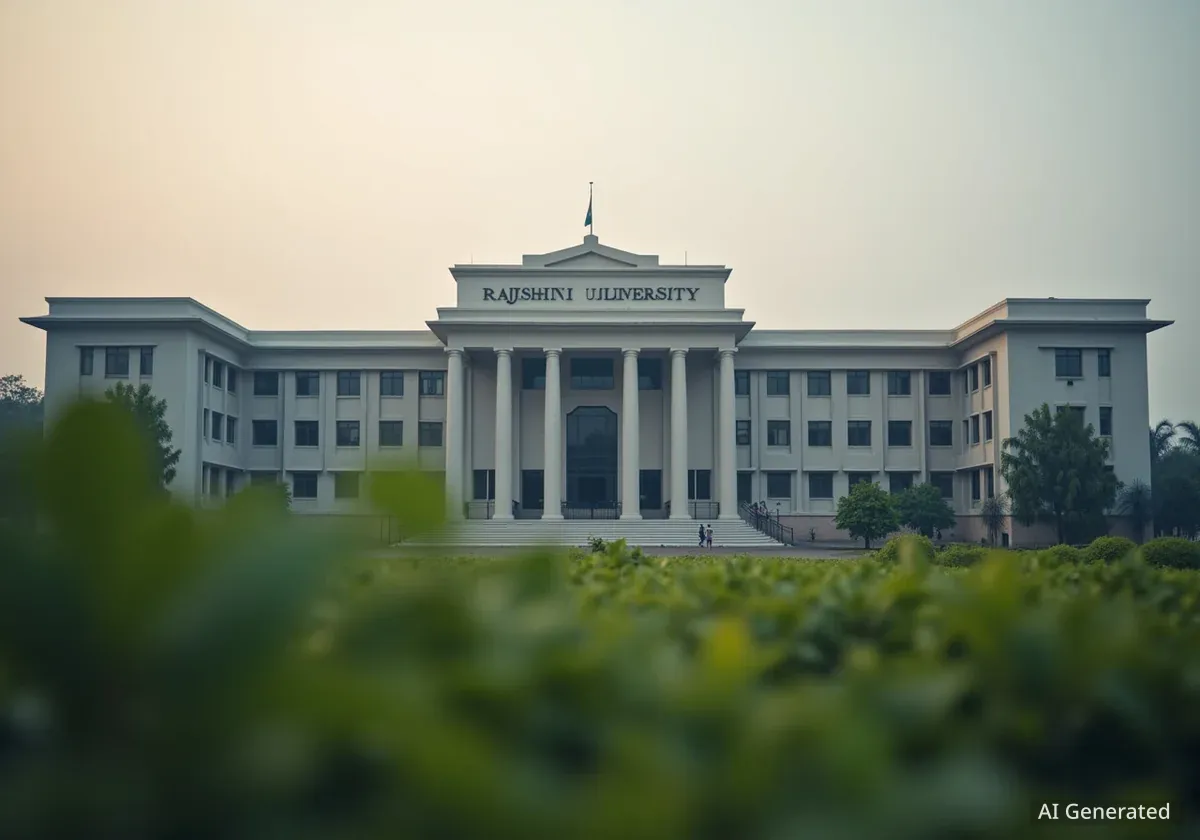A Florida school district has canceled a high school video program titled “Witchy Wednesday” following a complaint from a national legal organization. Officials with West Orange Public Schools confirmed the program's cancellation on September 23 after being contacted by Liberty Counsel, which raised concerns about the segment's religious content.
The program, which debuted at West Orange High School in Winter Garden on September 10, featured a student demonstrating practices associated with witchcraft, including spell-casting. The incident has drawn attention to the ongoing debate over religious expression and the principle of neutrality in public education settings.
Key Takeaways
- West Orange High School in Florida aired a student video segment called “Witchy Wednesday” that included instructions on casting spells.
- Liberty Counsel, a Christian legal group, formally complained to the school district, arguing the content violated the First Amendment rights of Christian students.
- The school district responded by canceling the program on September 23, less than two weeks after its debut.
- The event is part of a larger national conversation about the role of religion, secularism, and diverse belief systems within public schools.
Details of the 'Witchy Wednesday' Program
The controversial video segment was part of a weekly public address program at West Orange High School. In its inaugural broadcast, a female student appeared on screen with a backdrop of a full moon.
During the segment, she discussed moon cycles and demonstrated how to cast a spell. The demonstration involved burning incense and providing specific instructions to fellow students. Viewers were advised to write their “intuition” on a piece of paper, fold it three times, and then burn it completely in a white candle to release their “intention into theuniverse.”
The student concluded the segment by stating, “That’s all for today, Warriors. Have a wicked Wednesday.” The content prompted an immediate response from parents and community members who contacted Liberty Counsel for assistance.
Legal Intervention and School District's Response
Upon being notified, Liberty Counsel, a legal organization based in Maitland, Florida, sent a letter to the West Orange Public Schools district. The group argued that the school-sponsored program promoted occult practices, which could be seen as an endorsement of a specific religious viewpoint.
In its communication, Liberty Counsel presented the district with two options: either provide an opportunity for a biblical response to be aired or allow Christian students to opt out of viewing the program. The legal group contended that forcing students to watch content that contradicts their religious beliefs, specifically biblical warnings against witchcraft and occultism, was a violation of their First Amendment rights.
“Pushing this stuff onto Christian children violates their First Amendment rights,” Liberty Counsel stated in its letter, referencing biblical passages that warn against such practices.
The school district acted swiftly. On September 23, officials confirmed that the “Witchy Wednesday” program had been canceled entirely, effectively ending the series after just one episode.
The Principle of Viewpoint Neutrality in Schools
Public schools in the United States operate under legal precedents established by the Supreme Court that require government institutions to remain neutral on matters of religion. This principle, often referred to as viewpoint neutrality, means schools cannot favor one religion over another, nor can they favor religion over non-religion. This legal framework is at the center of many school-related debates, including those involving prayer, religious clubs, and curriculum content.
A Broader Context of Religion in Public Education
The incident at West Orange High School is not an isolated event but reflects a wider, often contentious, national dialogue about values in public education. For decades, legal battles have shaped the landscape of religious expression in schools.
One prominent example is the presence of after-school clubs with religious affiliations. Organizations like the Child Evangelism Fellowship operate “Good News Clubs” in many schools. In response, groups like The Satanic Temple have established “After School Satan Clubs,” arguing that if one religious viewpoint is allowed, others must be as well to maintain neutrality.
The Satanic Temple states that it does not promote a belief in a literal Satan but rather uses the name to advocate for secularism and challenge what it sees as Christian privilege in public spaces. These situations force school districts to navigate complex legal territory to avoid claims of viewpoint discrimination.
Homeschooling and Private Education Trends
Concerns over curriculum and moral instruction in public schools are frequently cited as motivators for families choosing alternative education. According to U.S. Census Bureau data from 2024, between 3.7 million and 4.3 million children were homeschooled, representing about 7% of the total school-age population. Another 10% attend private schools, meaning approximately 17% of U.S. students are educated outside the public school system.
Parental Concerns Driving Education Choices
Recent survey data highlights the specific reasons parents are opting out of public schools. A Pew Research Survey published in February provided insight into the motivations of homeschooling parents.
- 75% cited concern over the moral instruction provided in public schools.
- 72% cited concerns about the quality of academic instruction.
These statistics indicate that curriculum content, values, and academic rigor are significant factors for a growing number of American families. Incidents like “Witchy Wednesday” can amplify these concerns, regardless of whether they represent isolated events or broader systemic trends.
Academic Performance and School Environment
The debate over school culture and values often intersects with conversations about academic achievement. Some commentators link what they describe as a departure from traditional academics to declines in student performance.
Recent results from the National Assessment of Educational Progress (NAEP), often called the “nation's report card,” have shown concerning trends. The latest assessments revealed significant declines in proficiency, with student scores in math, reading, and science reaching new lows.
While educators and policymakers debate the complex causes behind these declines—including pandemic-related disruptions, funding issues, and teacher shortages—some parent groups and critics argue that a focus on social and political topics in the classroom detracts from core academic subjects. The cancellation of the “Witchy Wednesday” program illustrates the tension schools face in balancing inclusivity, freedom of expression, and community values while fulfilling their primary mission of education.

